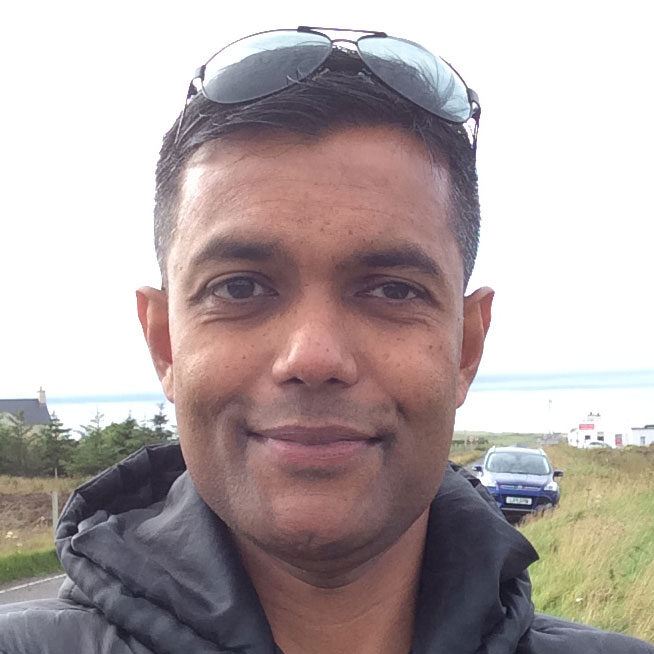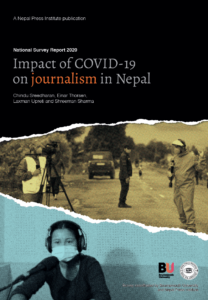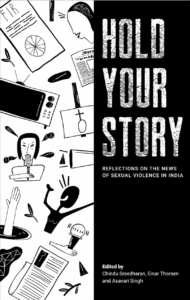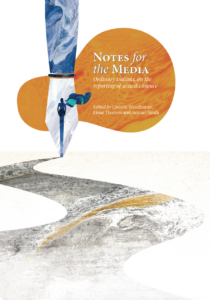One tragedy of being an academic, besides eventually succumbing to the corruption of one’s discourse with articulations such as one’s discourse, is that one is doomed to a life of perpetual panic. Like journalists who dream of bringing down corrupt governments, most academics dream of making a difference with their research.
This is not easy. In my discipline, we are good at “creating original knowledge” and producing “underpinning research that contributes to impact”. We are also an eloquent bunch when it comes to claiming impact, patting ourselves profusely, and frequently, for jobs well done, partly because the imperfect system which we work in has normalised self-aggradisement, and partly because, well, we love the flow of dopamine and serotonin just as much as the next person.
But when it comes to touching lives, in the way a medic or an aid-worker does, we suck big time.
My favourite Norwegian and I have been stuck in the aforementioned panic mode—sh*t, an earthquake! f**k, a human rights crisis!—for some years now, trying our darnest to do ‘good’. Efforts have not been wanting from our side, no. But if you ask me how much change we have effected, I have to confess that I don’t know.
That is a rather depressing confession. But it occurs to me that there is perhaps one tangible impact that we can assess: the change in ourselves. Since 2014, we have worked with some 150 colleagues from 30 or so institutions in India, Nepal, and the UK. I would say we are better human beings now because of that. None of those projects have been easy, though the last in this series—the labours of which adorn this post in the form of three print jackets—was perhaps what brought much of what we learnt—our transformation, so to speak—home.
We had set ourselves the task of bringing out three publications—two edited collections, and a multilingual report based on a national survey—in 30 days. We did not meet that deadline. But we did manage to get there—together with our co-writers Asavari Singh, Laxman Upreti, and Shreeman Sharma, and Shivani Agarwal and Patrick Ward—in 45 days.
What transformation can we claim from that exercise? What have we learnt from the panic-mode of the last six years?
If I were to dredge the muddle of my mind, it is possible I may find some clever and nuanced insight to share, but for today allow me to stick to a simple thought: you are as good as the people you have persuaded to with you.
Fact is, people make projects. People, not institutions. Find the right people, invest time in knowing them, and you are halfway there. Move mountains for them, and they will move mountains for you. And when things go wrong and people kick up (which will happen sooner and later), know that there is a context to it. It is convenient, then, to hide behind an email. Don’t. Pick up the phone. Talk.




Previous Next